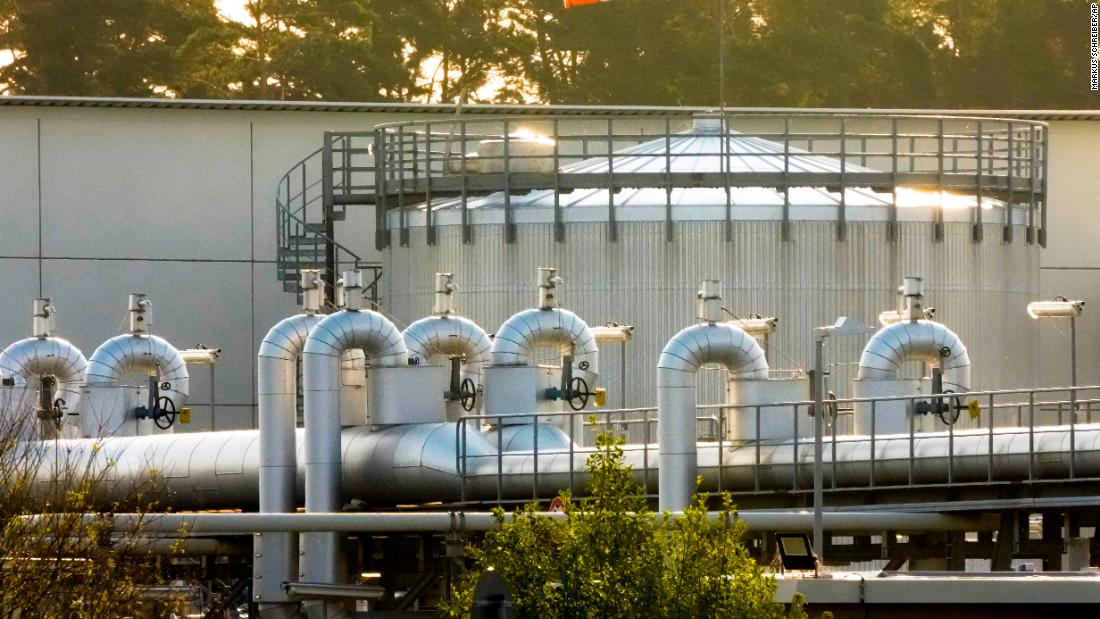
Moscow has been demanding payments in rubles in retaliation to sanctions imposed on Moscow by Western countries over its war on Ukraine.
The sanctions have frozen big chunks of Russia’s foreign reserves and cut its financial institutions from the international banking system. By insisting on ruble payments, Moscow is essentially forcing Europe to buy its currency.
The announcement from Gazprom came just a day after Latvian energy firm Latvijas Gaze announced it was purchasing gas from neighboring Russia, adding it was not buying from Gazprom and that it was paying in euros.
Earlier this month, the Latvian parliament voted in favor of a proposal to ban Russian gas supplies starting January 2023.
Meanwhile, Gazprom has also dramatically cut flows through the Nord Stream 1 pipeline earlier this month, blaming the West for withholding vital equipment due to sanctions. Europe said Russia’s actions were politically motivated.
The move prompted Germany to declare a “gas crisis” and activate the second phase of its three-stage gas emergency program, taking it one step closer to rationing supplies to industry
However, the bloc has watered down its ambitions by offering countries some significant leeway. The EU will exempt countries that are not interconnected to other members’ gas networks from the 15% target, as “they would not be able to free up significant volumes of pipeline gas to the benefit of other member states,” the EU Council said in a press release.

